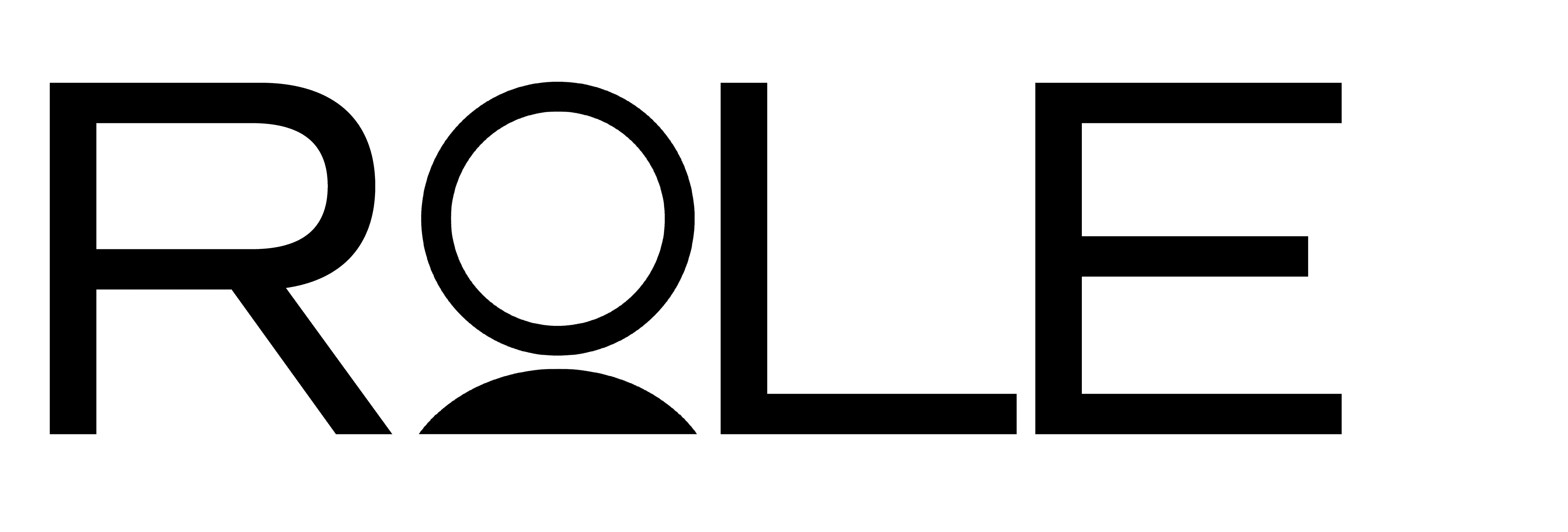In the rapidly evolving landscape of healthcare technology, artificial intelligence (AI) tools like ChatGPT are increasingly being explored for their potential to enhance efficiency and patient care. However, the use of these powerful AI models in healthcare settings raises critical questions about data privacy and HIPAA compliance. This article delves into the challenges of using ChatGPT in healthcare, OpenAI's privacy measures, and how they compare to other healthcare-specific AI models.
The Promise and Perils of ChatGPT in Healthcare
ChatGPT offers numerous benefits in healthcare settings, including:
- Enhancing efficiency in administrative tasks
- Streamlining patient care processes
- Providing quick access to medical information
However, these benefits come with significant risks that healthcare organizations must carefully consider.
Key Risks of Using ChatGPT in Healthcare
-
Patient Privacy and Data Security: ChatGPT is not inherently HIPAA-compliant, which poses significant risks for handling sensitive patient information. The potential for unintentional disclosures of protected health information (PHI) is a major concern.
-
Unauthorized Access and Data Breaches: Without proper security measures, AI systems can be vulnerable to unauthorized access and data breaches. This risk is particularly acute when dealing with sensitive medical data.
-
Bias and Discrimination: AI models can inadvertently introduce biases present in their training data, potentially leading to discriminatory outcomes in patient care.
-
Medical Liability: Over-reliance on AI for medical decisions without proper clinical judgment can lead to liability issues. Healthcare providers must ensure that AI tools are used as supplements to, not replacements for, professional medical expertise.
-
Informed Consent Challenges: Using AI in patient care raises questions about adequate informed consent procedures. Patients must be fully aware of how AI is being used in their care and have the opportunity to consent or opt-out.
OpenAI's Privacy Measures: A Step Towards Compliance?
OpenAI, the company behind ChatGPT, has implemented several measures to address privacy and security concerns:
- Data Encryption: All data is encrypted at rest (AES-256) and in transit (TLS 1.2+).
- Access Controls: Strict controls limit who can access data within the organization.
- Data Ownership: Customers retain ownership of their inputs and outputs.
- Retention Policies: Enterprise customers can control data retention periods.
- Compliance Certifications: OpenAI has undergone SOC 2 Type 2 audits for its services.
While these measures align with some HIPAA requirements, they do not automatically make ChatGPT HIPAA-compliant for healthcare use. Healthcare organizations must take additional steps to ensure full compliance.
Data Handling and HIPAA Considerations
OpenAI's approach to data handling has some implications for HIPAA compliance:
- API Data Storage: Data sent through OpenAI's API is stored for up to 30 days for monitoring purposes. Healthcare organizations need to ensure that any PHI is properly protected during this period.
- Training Data: OpenAI states that they do not train on business data from ChatGPT Enterprise, ChatGPT Team, or their API Platform. This aligns with HIPAA's requirements for maintaining the confidentiality of patient data.
- Subprocessors: OpenAI uses subprocessors for various data processing activities. Healthcare organizations need to ensure that these subprocessors also meet HIPAA requirements if they handle PHI.
ChatGPT vs. Healthcare-Specific AI Models: A Privacy Comparison
When comparing ChatGPT to AI models designed specifically for healthcare, several key differences emerge:
-
HIPAA Compliance: Unlike ChatGPT, many healthcare AI models are built with HIPAA compliance as a core feature. For example, IBM Watson Health and Google Cloud Healthcare API offer solutions designed to meet healthcare privacy standards.
-
Data Handling: Healthcare AI often offers stricter data handling policies, including immediate data deletion after use. This is in contrast to ChatGPT's default 30-day retention policy.
-
Model Training: Many healthcare models use only curated, de-identified datasets for training, unlike ChatGPT's opt-out model for using user inputs. This approach minimizes the risk of exposing sensitive patient information.
-
Access Controls: Healthcare-specific platforms typically provide more granular, role-based access controls, which are crucial for maintaining the principle of least privilege in healthcare settings.
-
Deployment Options: On-premises deployment options are more common in healthcare AI, allowing greater data control. ChatGPT is primarily cloud-based, which can raise concerns about data leaving a healthcare organization's control.
-
Specialized Privacy Features: Features like automatic de-identification of protected health information are standard in healthcare AI but not available in ChatGPT. These features are crucial for maintaining HIPAA compliance.
-
Regulatory Compliance: While ChatGPT has undergone SOC 2 Type 2 audits, it may not meet all the specific regulatory requirements for healthcare AI (e.g., FDA approval for certain medical applications).
Strategies for Mitigating Risks
Healthcare organizations considering the use of ChatGPT or similar AI tools should implement robust mitigation strategies:
-
User Education and Training: Educate staff on the risks of entering confidential information into non-HIPAA-compliant systems. Regular training sessions can help prevent accidental data breaches.
-
HIPAA-Compliant AI Solutions: Consider using AI solutions specifically designed for HIPAA compliance, such as BastionGPT. These platforms often come with built-in safeguards for handling PHI.
-
Data Minimization and Anonymization: Limit the use of protected health information and implement strong anonymization techniques. This can help reduce the risk of exposing sensitive data even if a breach occurs.
-
Regular Audits and Monitoring: Conduct frequent audits to ensure compliance with privacy and security policies. Implement monitoring systems to detect and respond to potential breaches quickly.
-
Clear Policies and Procedures: Establish and enforce clear guidelines for AI use in healthcare settings. This should include protocols for data handling, access controls, and incident response.
-
Secure Integration: When integrating AI tools into existing healthcare systems, ensure that all data transfers are encrypted and that access points are properly secured.
-
Vendor Assessment: Thoroughly vet AI vendors and ensure they have appropriate business associate agreements (BAAs) in place. This is crucial for maintaining HIPAA compliance when working with third-party services.
The Future of AI in Healthcare: Balancing Innovation and Privacy
As AI technology continues to advance, we can expect to see more sophisticated solutions that address the unique privacy and security needs of the healthcare industry. Some potential developments include:
-
Advanced Federated Learning: This technique allows AI models to be trained across multiple decentralized datasets without exchanging the data itself, potentially offering a more privacy-preserving approach to AI in healthcare.
-
Homomorphic Encryption: This emerging technology allows computations to be performed on encrypted data without decrypting it first, which could revolutionize how AI models handle sensitive healthcare information.
-
AI-Powered Consent Management: Future AI systems might include built-in tools for managing patient consent, ensuring that data usage always aligns with patient preferences and regulatory requirements.
-
Regulatory Advancements: As AI becomes more prevalent in healthcare, we can expect regulatory bodies to develop more specific guidelines and standards for AI use in medical settings.
Conclusion: Balancing Innovation and Compliance
The integration of AI tools like ChatGPT into healthcare presents exciting opportunities for improving patient care and operational efficiency. However, it also introduces significant challenges in maintaining HIPAA compliance and protecting patient privacy.
Healthcare organizations must carefully weigh the benefits against the risks, implementing robust safeguards and potentially opting for healthcare-specific AI solutions that offer stronger privacy protections out of the box. As AI technology continues to evolve, staying informed about the latest developments in privacy measures and compliance strategies will be crucial for healthcare providers looking to leverage these powerful tools responsibly.
By prioritizing patient privacy, implementing strong security measures, and choosing the right AI tools for their needs, healthcare organizations can navigate the complex landscape of AI in healthcare while maintaining compliance with HIPAA and other regulatory requirements. The future of healthcare AI is promising, but it must be approached with a careful balance of innovation and respect for patient privacy.







